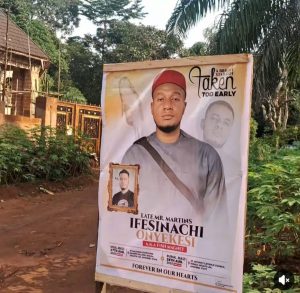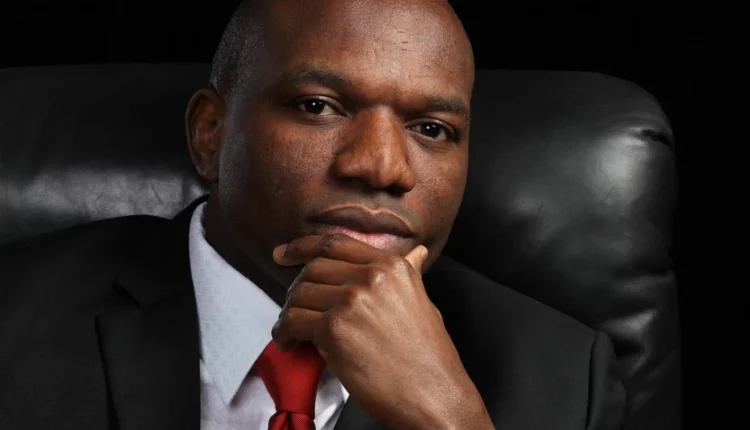Rethinking the “Lazy Nigerian Youth” Narrative as We Bury Fish Magnet
As Nigeria mourns the loss of Fish Magnet, a young entrepreneur who built a thriving fish business against all odds, we are once again confronted with a dangerous stereotype that refuses to die: the myth of the “lazy Nigerian youth.” But one among those may have met his untimely death in the face of business,
For years, this narrative has circulated in political speeches, casual conversations, and even on global stages—painting Nigerian youths as idle, entitled, and perpetually waiting for handouts or fleeing the country through japa.
But this stereotype has always been a distortion. The reality on the ground tells a different story: Nigerian youths are some of the most industrious, creative, and resilient in the world. What holds them back is not laziness—it is a system stacked against them.





The Weight of Systemic Barriers
Every day across Nigeria, young people are starting businesses, innovating with limited resources, and hustling to create opportunities for themselves and others. Yet, instead of support, they often face obstacles that crush dreams before they fully form.
-
Entrepreneurial spirit vs. harsh policies
Nigerian youths brim with ideas and energy, but they operate in an environment that punishes rather than rewards initiative. -
Systemic barriers, not laziness
From erratic power supply to outdated regulations, poor infrastructure, and unstable policies, the path to success is filled with hurdles beyond their control. -
Taxation without support
Many small businesses are suffocated by multiple levies and dues. Authorities demand payment without ensuring the business has the oxygen it needs to survive. It is like asking for the heart of a business before it has learned to breathe. -
Nepotism in government aid
Grants and loans advertised as “empowerment” rarely reach those who need them most. Merit often takes a back seat to connections, leaving many capable entrepreneurs shut out. -
Insecurity and instability
For many, the biggest threat isn’t competition—it’s survival. Insecurity, kidnappings, and political instability make entrepreneurship a gamble where the stakes are life itself.
Fish Magnet: A Cautionary Tale
The story of Fish Magnet captures the struggle perfectly. A young Nigerian who turned passion into a business, he proved that vision and grit exist in abundance among the youth. Yet, despite his efforts, insecurity, rising costs, and a hostile business climate weighed heavily on his enterprise. His passing is more than personal loss; it is symbolic of how fragile dreams are in Nigeria’s current reality.
His story is not unique—it is echoed in thousands of small ventures across the nation, where creativity collides with systemic failure.
If Nigeria is serious about unlocking its potential, it must abandon lazy narratives and begin addressing the actual barriers young people face. The way forward is clear:
-
Reform unfair taxation and reduce multiple levies on small businesses.
-
Ensure transparent and fair access to government grants and loans.
-
Create infrastructure and policies that foster, not frustrate, entrepreneurship.
-
Confront insecurity so that young innovators can thrive without fear.
A Simple Truth
Nigerian youths are not lazy. They are dreamers, builders, and survivors working in one of the toughest business climates on earth. What hinders them is not a lack of drive, but a system that has no real plan for their dreams.
As we bury Fish Magnet, let us also bury the myth of the “lazy Nigerian youth.” What the youth need is not ridicule, but an enabling environment to turn their brilliance into the backbone of Nigeria’s future.enabling eviroment to do business.



